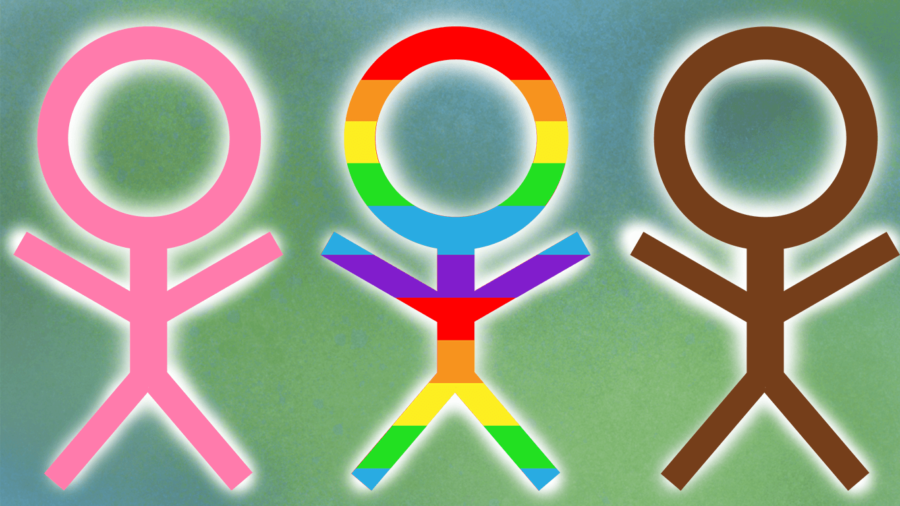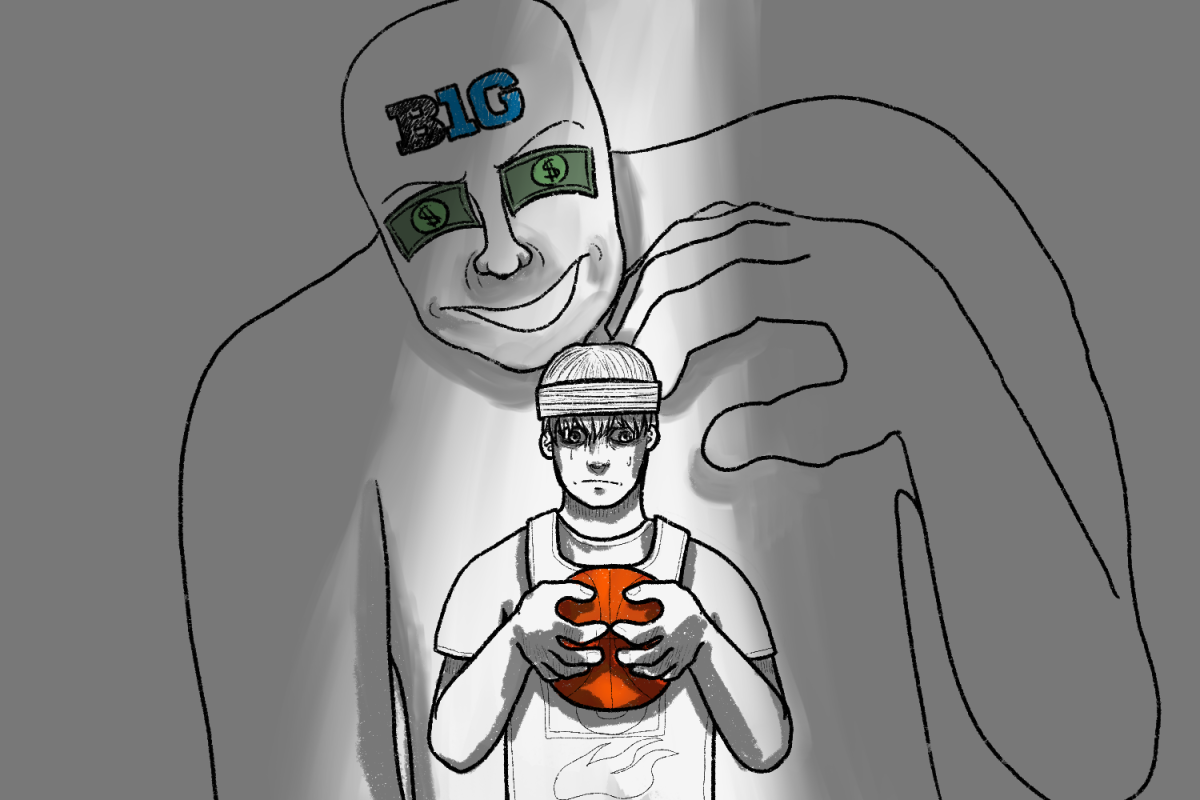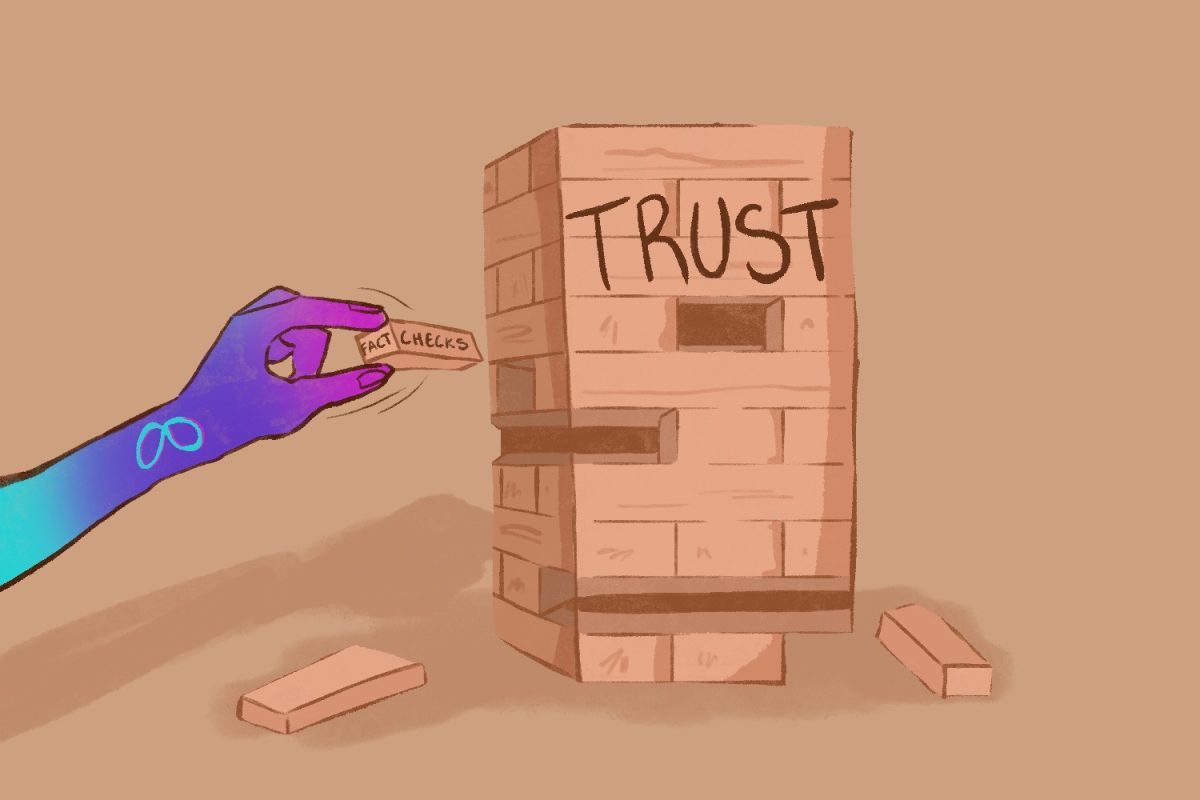Whether it comes to the Equal Rights Amendment (ERA), the Equality Act, or movements such as Black Lives Matter, minority Americans will not be silenced.
It’s been 96 years since the ERA was first proposed by Alice Paul of the National Woman’s Party (NWP). Before she wrote it, members of the NWP had previously campaigned for woman’s suffrage through parades, petitions, and pickets, at the consequence of arrests. However, they had bigger plans.
The amendment would have established that Congress must preserve equal rights for men and women under the law. One change that would have arisen had it been passed would be that one’s sex would be considered a suspect classification in cases of discrimination on the basis of sex in the courts.
However, the ERA failed to catch on until 1972. Anti-feminists like Phyllis Schlafly, who opposed the ERA on the basis that it would “give special status to women,” encouraged states to vote against it and not enough states have voted in favor of ratification since.
Today, Virginia is expected to be the 38th state to ratify the ERA, which will take it to the Supreme Court. However, supporters of the proposed amendment are cautiously optimistic, as they fear that the more conservative members of the Supreme Court will block it.
Until then, the World Economic Forum estimates that it will take another 208 years for true gender equality to exist in the United States.
Meanwhile, proponents of the Equality Act hope to secure equal rights for the LGBTQ community in terms of housing and employment. Although many people believe that same-sex marriage was the be-all-end-all turning point for LGBTQ rights, society is far from addressing its prejudices. The Equality Act would prohibit any and all discrimination against one’s sex, sexuality, or gender identity.
In states across the U.S., it is not illegal for a member of the LGBTQ community to be fired based on their identity. Out of fear of the consequences they may face if they express themselves freely, many LGBTQ Americans choose to hide who they are for safety.
It isn’t hard to see that discrimination against the LGBTQ community is very much normalized. Oftentimes, the most common response elicited after calling someone out for their use of a slur is, “it’s just a joke!”
It’s not a joke when it means life-or-death.
According to the Trevor Project, 40% of homeless youth identify as LGBTQ. Only last year, twenty-six trans people — predominantly Black trans women — were murdered in the United States. “A joke” based around the use of slurs inevitably leads to violence.
That’s what makes the Equality Act necessary.
Grammy-winning singer-songwriter Taylor Swift has raised awareness for the Equality Act with a petition released earlier this year in correlation with the release of her single “You Need To Calm Down.” Her petition has attained over 500,000 signatures since, and the song is currently nominated for a Grammy for Best Pop Solo Performance.
Other movements have sought to raise awareness about the struggles of ethnic and racial minority groups. The organization Black Lives Matter, for example, fights for civil equality for Black Americans in the justice system.
Some believe that the rights of racial minorities were written into law with the Civil Rights Act of 1964, but that is revisionist history. Black Americans in the United States still face substantial discrimination at the hands of the police and the justice system.
Keep in mind that the 13th Amendment, which supposedly abolished the practice of slavery in the U.S., leaves the question of involuntary servitude open in the case of the imprisoned. From the amendment itself: “Neither slavery nor involuntary servitude, except as a punishment for crime whereof the party shall have been duly convicted…”
Except it is clear that many African Americans have not been “duly convicted” when compared to their white counterparts.
America, which has the largest share of the world’s incarcerated population, boasts significant disparities in its justice system. Between 1995 to 2005, Black Americans made up 36% of drug arrests and 46% of those convicted on drug offenses despite making up only 13% of American drug users.
The injustices don’t end there.
Predominantly Black school districts receive much less funding when compared to white-majority school districts — a difference of $23 billion. Even in more racially-diverse schools, Black students are less likely to be called upon by their teachers, and more likely to be disciplined.
According to the Washington Post, Black American men receive 20% longer sentences than white men for the same crime. They also make up 42% of those on death row, according to the National Association for the Advancement of Colored People (NAACP).
The justice system inherently leans toward white Americans; a little under half of white defendants were able to plea bargain their way out of a death sentence.
This system needs to be rewritten, and the government must make racial inequality a national priority. One proposed solution to this is by providing Black Americans with reparations for centuries of historical and ongoing oppression. Organizations like Black Lives Matter must also be uplifted by American politicians of all backgrounds for there to be progress.
The ERA is simply the next step for women’s rights. Women should be able to know that their rights are recognized by the U.S. constitution. The culture that prevents women, especially women of color, from succeeding, needs to be addressed.
Even though the Equality Act would be revolutionary for the LGBTQ community, it’s only the beginning. Education should be LGBTQ-inclusive to push-back against the violence faced by Black trans women.
Equality can’t wait.
*This editorial reflects the views of the Scot Scoop editorial board and was written by Zachary Khouri.


































